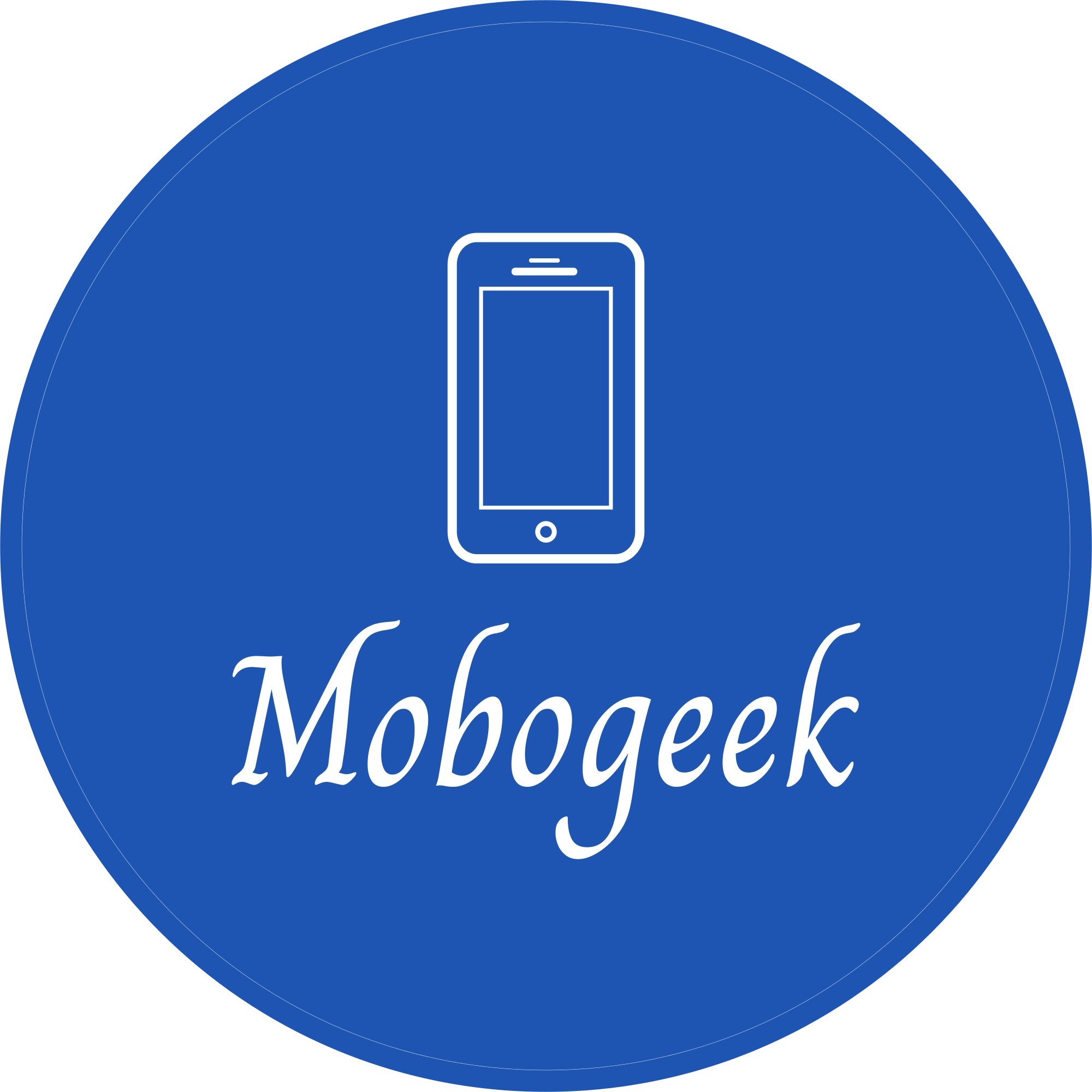Former Google CEO Eric Schmidt Takes on a New Frontier: White Stork’s AI-Powered Kamikaze Drones
In the ever-evolving landscape of technology and warfare, one name that continues to make headlines is former Google CEO Eric Schmidt. After his leadership role in the National Security Commission on Artificial Intelligence, Schmidt finds himself at the heart of a groundbreaking tech venture—White Stork.
I. Introduction
As the world grapples with the integration of artificial intelligence into various sectors, Schmidt’s foray into the development of kamikaze drones under the banner of White Stork has raised eyebrows and ignited discussions about the future of warfare.
II. Background of Eric Schmidt
To understand Schmidt’s current venture, it’s crucial to delve into his storied career. From his pivotal role at Google to spearheading the National Security Commission on Artificial Intelligence, Schmidt has been a prominent figure in the tech world.
III. The National Security Commission’s Report
The commission’s 2021 report foretells the transformative impact of AI on warfare. Schmidt’s involvement in shaping this narrative raises questions about the motivations behind his latest endeavor.
IV. White Stork: The Tech Venture
White Stork, operating discreetly through shell companies, is on a mission to equip Ukraine with advanced drone technology. The startup’s focus on kamikaze drones represents a novel approach to modern conflict.
V. Purpose of White Stork’s Project
At the heart of White Stork’s mission is the goal to provide Ukraine with a technological edge in its ongoing conflict with Russia. The strategic importance of advanced drone capabilities cannot be overstated in today’s warfare landscape.
VI. White Stork’s Drones
Schmidt, in a Wall Street Journal column from July, shed light on the nature of White Stork’s drones—low-cost yet potentially powerful, with a modest payload of explosives. The affordability factor is touted as a game-changer.
VII. Eric Schmidt’s Perspective
In the same column, Schmidt emphasized the affordability and military significance of White Stork’s drones. He went as far as calling them “the most important” weapon against Russia, signaling a shift in the traditional arms market.
VIII. US Scaling Back Deals
The geopolitical context adds another layer to White Stork’s significance. With the US scaling back deals with traditional arms manufacturers, the emergence of cost-effective, AI-powered drones becomes particularly noteworthy.
IX. Schmidt’s Article on Ukraine’s Drone War
Schmidt’s recent article, highlighting Ukraine’s “losing drone war,” further fuels speculation about the motivations behind White Stork. His prediction of Ukraine relying on millions of imported drones in 2024 raises questions about the urgency of such technology.
X. White Stork’s Opaqueness
Adding to the intrigue is White Stork’s operation through shell companies. The involvement of a family office employee in Volya Robotics OÜ, listed under sole control, adds a layer of opaqueness to the project.
XI. Tech Veterans Involved
White Stork boasts a lineup of tech veterans, with Sebastian Thrun, co-founder of Google’s X research lab, among them. The collective expertise of these individuals adds credibility to the project but also raises ethical considerations.
XII. Speculation on Self-Serving Interests
Speculation abounds regarding Schmidt’s potential self-serving interests in White Stork. Analyzing the available information, one cannot ignore the potential intersections of personal and strategic motives.
XIII. Impact on the Ukrainian Conflict
The true impact of White Stork on the Ukrainian conflict remains to be seen. As these AI-powered drones enter the theater of war, their efficacy and implications for the future of weaponry will undoubtedly shape the narrative.
XIV. Conclusion
In conclusion, Eric Schmidt’s involvement in White Stork and its ambitious mission to provide Ukraine with advanced drone technology raise ethical and strategic questions. The intersection of technology, warfare, and personal interests underscores the complexities of our modern world.
FAQs
- What is the significance of Eric Schmidt’s role in White Stork?
- Eric Schmidt, former Google CEO, leads White Stork in developing AI-powered kamikaze drones, potentially reshaping the landscape of modern warfare.
- Why is affordability emphasized in White Stork’s drone project?
- White Stork’s drones are positioned as a cost-effective alternative, signaling a departure from traditional arms manufacturing.
- How does White Stork’s operation through shell companies add to its mystery?
- The use of shell companies, with Schmidt listed as a beneficiary and Volya Robotics OÜ under sole control, adds an element of opaqueness to the project.
- What is the connection between the US scaling back deals and White Stork’s significance?
- The US scaling back deals with traditional arms manufacturers creates a space for innovative, AI-powered solutions like White Stork’s drones.
- What can we expect from the impact of White Stork on the Ukrainian conflict?
- The true impact remains uncertain, but White Stork’s introduction of AI-powered drones could potentially shift the dynamics of the ongoing conflict.


